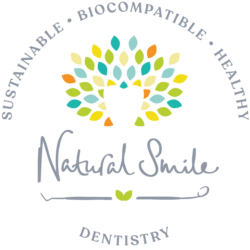Mostly brushing you teeth after eating is a good idea, the reasoning being that the quicker you remove the food and the sugar from your mouth the less chance that it can cause problems. However there are some circumstances where this isn’t a good idea, specifically after eating or drinking foods with a high acid content, such as fruit juice, lemons, vinegar, wine and soft drinks.
The acid in this type of food has the effect of softening the enamel of the teeth. If you then go and brush your teeth you stand a much higher chance of damaging the enamel. Exposure to acidic foods or drinks is one of the main reasons that enamel wears away or erodes. This process, known as tooth erosion, leaves the dentine exposed and your teeth much more sensitive.
Since drinking a glass of fruit juice in the morning with breakfast or a glass of wine in the evening is a common thing, this would be a key time to watch for this type of problem. There are some specific things you can do to help to minimise the impact of the acid on your enamel.
- Rinse your mouth out with water after eating or drinking the acid containing food or drink.
- Use a straw to drink which has the impact of delivering the juice to the back of the mouth and bypassing some of the teeth. (you may not be able to pull this off whist drinking wine!)
- Leave at least 30 minutes before you brush your teeth after eating something acid, this give the saliva the chance to neutralise the acids and also re mineralise the enamel.
- Don’t use a hard bristle brush and don’t brush aggressively, you can further soften your bristis of your brush by running it under hot water.
- Be careful with the use of electric tooth brushes, consult your dentist or hygienists to determine the right amount of electric tooth brush use.
- Other things can also damage the enamel of your teeth, such as grinding, and this can be difficult for the individual to spot as you can do it at night, or not even be aware of it, regular checkups can help spot signs of grinding, and your dentist can then help you overcome it.
Bob Is the practice manager at the Natural Smile Dental practice.www.thenaturalsmile.co.uk you can also pick up more tips on the Natural Smile’ facebook page. https://www.facebook.com/thenaturalsmile


